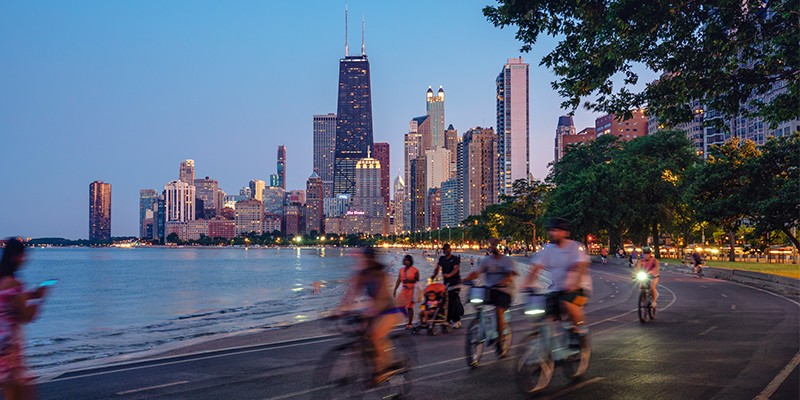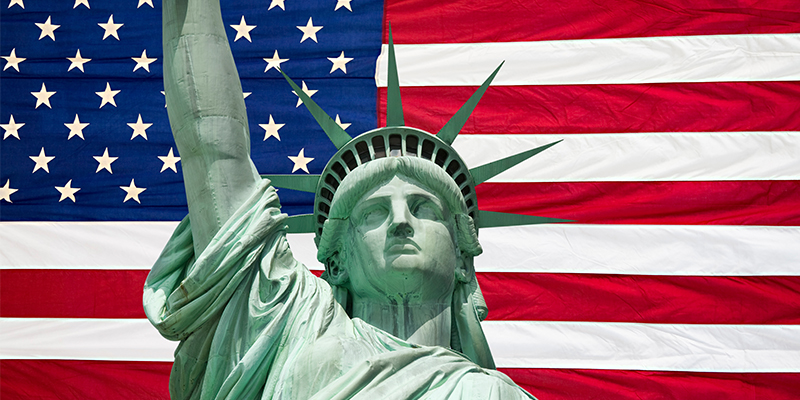What serves as the foundation for a great city?
While answers may vary depending on who you ask (“Great noodle shops!” “A bus system that is actually on time.” “Cultural diversity and inclusivity!”), there are some common factors that can provide guidance for developers, community planners and other city stakeholders who are looking to attract and retain residents.
For their City Pulse Survey, Gensler surveyed 5,000 urbanites in 10 cities around the world (Atlanta, Austin, Denver, New York, San Francisco in the U.S.; London, Mexico City, Paris, Shanghai, Singapore abroad) from Jan. 25-Feb. 25, 2021, to measure these residents’ attitudes as the world approached one year of living with COVID-19 and mass vaccinations began in many countries.
The survey results showed 28% of the respondents across the 10 cities were likely to move out of their city soon, as urban living satisfaction continues to decline. Those who can work remotely were 11% more likely to consider moving than those who do not have the opportunity to work remotely.
The increasingly hybrid/remote global workforce does not signal the end of cities or central business districts, however, according to Gensler. Regardless of the size of their current city, over two-thirds of survey respondents who were considering moving said they wanted to relocate to a smaller, less populated location – including smaller cities, suburbs or rural areas.
Gensler identified five total factors (both positive and negative) that influence people’s decision to stay in or leave their current city.
Three factors motivating people to stay in cities are:
Great neighborhood design. “People who feel that their neighborhoods are beautiful, authentic, safe, clean, and pedestrian-friendly are more likely to want to stay in their current cities.”
Employment opportunities. “When it came to employment opportunities, we found that people need both job options and opportunities for career advancement.”
Transportation options. “Cities should take a multimodal approach to foster a seamless mass transit experience — one that not only accommodates cars but also integrates micro-mobility options.”
Two factors that drive people to leave big cities:
“Big city” problems. “People who feel that their cities are too big, too noisy, too crowded, have too much traffic, and are losing their cultural heritage are more likely to consider relocating. Over half of urban residents feel that their cities are too crowded, which could become a key concern after the population crowdedness issues raised by the pandemic.”
Affordability. “People who are living paycheck to paycheck, who feel that their neighborhoods are becoming increasingly unaffordable, and who feel the anxiety from these stressors, are much more likely to consider leaving. This is especially true in rising cities like Atlanta, Austin, and Denver, where they experienced an influx of new city residents.”
To retain city-dwellers and attract new ones in the wake of these residential shifts, cities can focus on the unique and positive aspects of big-city life: great neighborhoods, employment opportunities and multimodal transportation options.
Hear from three Gensler experts in tomorrow’s Office Building Design: Strategies for a Reimagined Future webinar tomorrow, July 14, 2 p.m. ET. Register now!













